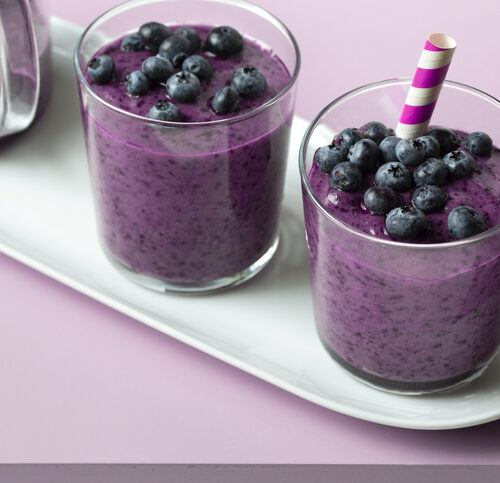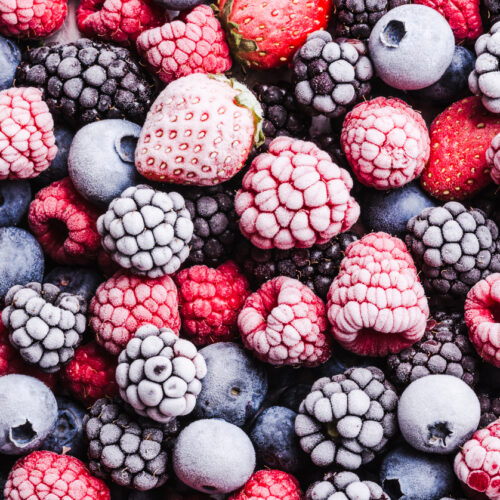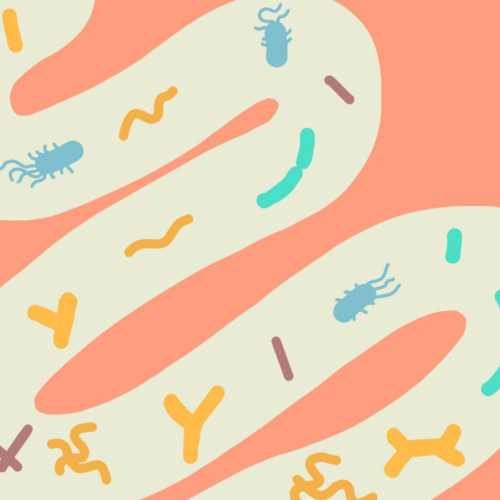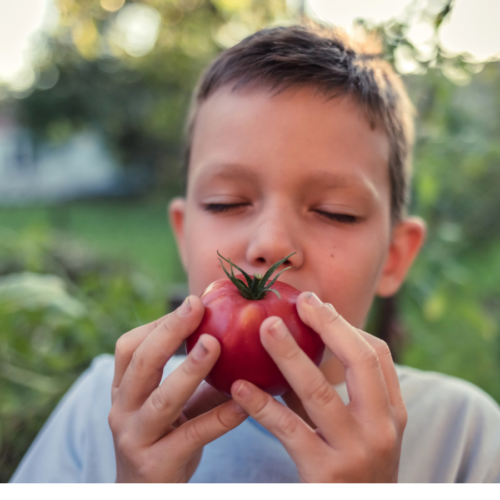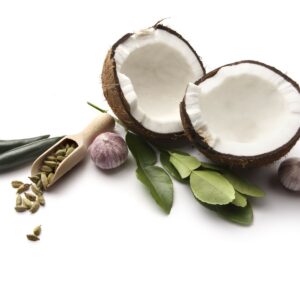
HFG nutritionist Claire Turnbull answers your questions.
Q: I exercise intensely every morning before work (6-7am) and I have my breakfast at about 9am at work. By Friday, I just don’t feel like I can exercise because I am so tired. What am I doing wrong?
A: If you leave it too long (longer than 30 minutes) before refuelling after exercise, like the two hours between you finishing your training and your breakfast, your recovery rate is
likely to be compromised. This means that over the week, you could end up progressively depleting your energy stores (glycogen) and by Friday you will hit a wall very quickly if you try to exercise intensely as you won’t have the glycogen you need. This is a particular problem if you are on a low-carbohydrate diet. Best to have your breakfast as soon as possible after exercise and make sure it includes carbohydrate.
Q: I exercise in the morning before work, do I need to eat something beforehand?
A: If you normally exercise in the morning for under an hour and you do something like a walk, gym class or cycle at a low to moderate intensity*, then your body will have enough stored fuel (called glycogen) for you to complete this workout. The key thing to remember is that glycogen stores are limited so if you want them to be available for your workout the next day, you need to refuel as soon as possible after you have finished training. This may be a quick snack, or for most people, breakfast. Ideally include carbohydrate and protein within 20-30 minutes of finishing exercise. Examples are toast with Marmite and cottage cheese; a bowl of cereal and low-fat milk; or a fruit smoothie.
If your exercise session is very intense and likely to be over an hour, it would be a good idea to have a small snack around 30-60 minutes before you go, to give you some additional fuel to power you through your morning exercise. A low-fat yoghurt, cereal bar, or one to two pieces of toast, combined with a banana, are some examples.
*Low to moderate intensity means that you finish feeling like you have had a good workout but aren’t completely shattered.
Q: I am trying to lose weight and I’ve started jogging. I am out for about an hour then have a bottle of sports drink when I get home. My weight hasn’t really changed much. What am I doing wrong?
A: One of the key things to remember when it comes to weight-loss, is the goal is to burn off more kilojoules each day than you are eating, and create a kilojoule deficit. If you run for one hour, you might burn around 2500kJ, although it depends on your weight and how fast you run! A 750ml bottle of sports drink is over 900kJ, more than one third of what you have burnt off. If you are exercising for an hour, water is likely to be adequate afterwards. Remember to include your next meal or snack as soon as possible after your run to help refuel, but adding ‘extra kilojoules’ with your drink won’t be helping!
Q: If I exercise after work, do I need a snack before or after?
A: When you exercise after work, you want to make sure you have enough fuel in your system so that you can charge through your workout bursting with energy and get the most out of it, rather than flagging halfway through. Your afternoon tea is a really important time for a small meal or snack, as this is a few hours before your workout and a snack will provide you with the fuel you need to train at your best. Ideally this should be a healthy, carbohydrate-rich snack with a little protein, such as grainy crackers with hummus and tomato, a small bowl of muesli with low-fat milk or low-fat yoghurt and a banana. Often people who have a low-carb saladbased lunch and no afternoon tea struggle when it comes to exercise after work as they just don’t have the fuel in the tank!
If you are exercising with the goal of increasing fitness and weight-loss, of course adding a snack in the afternoon may add additional kilojoules to your day, making it harder to lose weight. A better idea rather than having an extra snack, is to have a slightly smaller breakfast, lunch and dinner and use the kilojoules you have saved from this to add in the extra snack. After training, as with a morning workout, it is important to refuel as soon as you can, so try to have dinner within half an hour of finishing your training. If this is not possible, have a small snack rich in carbohydrate and protein after exercise (like a piece of fruit and a glass of low-fat milk, or rice crackers and small can of tuna). Then just have a slightly smaller dinner to account for this extra recovery snack.
TIP: Don’t forget: it’s important to start exercise well hydrated and water is the best choice.
Note: This advice is aimed at those who exercise at a recreational level. Those who exercise at a high intensity for hours at a time are advised to get individualised nutrition advice.
www.healthyfood.com



